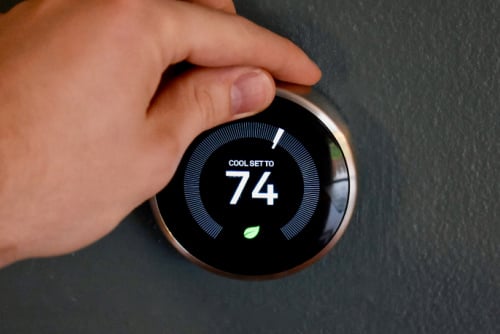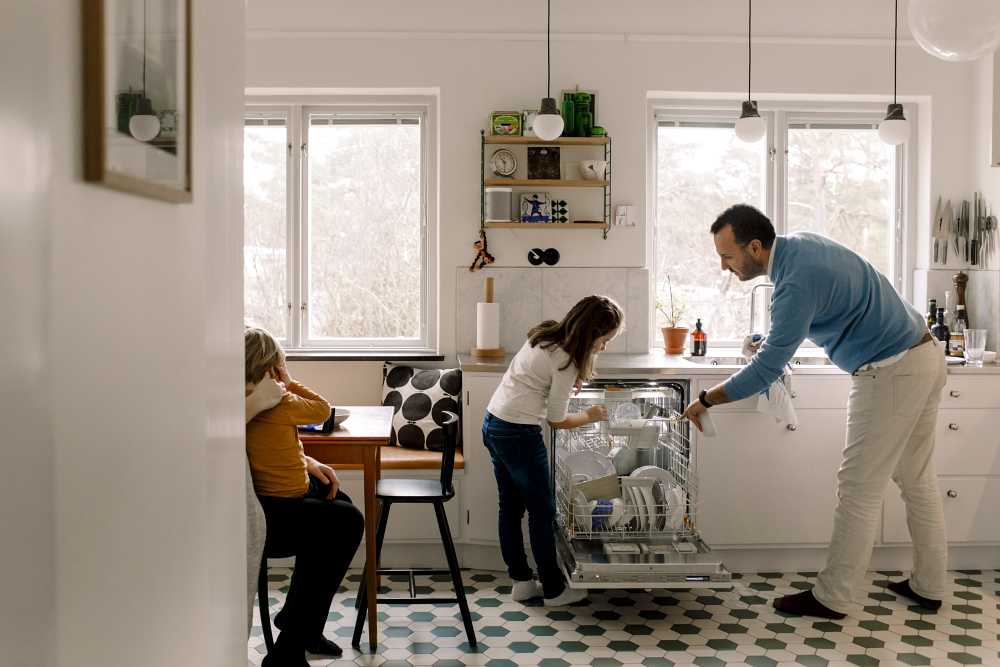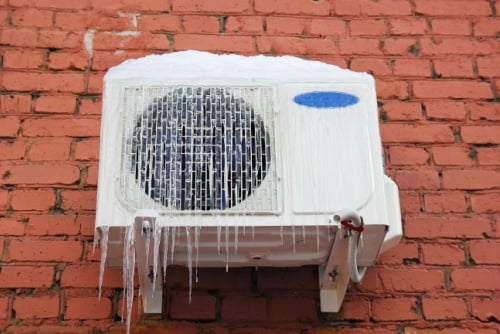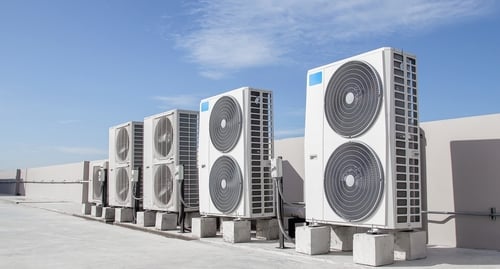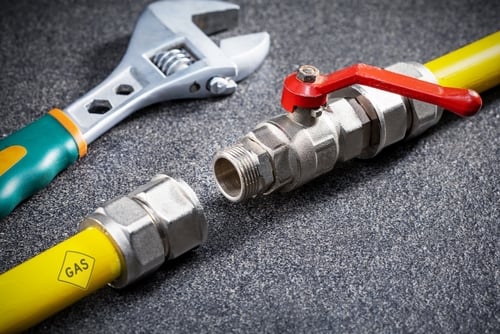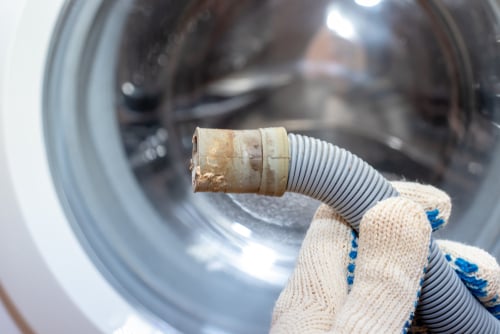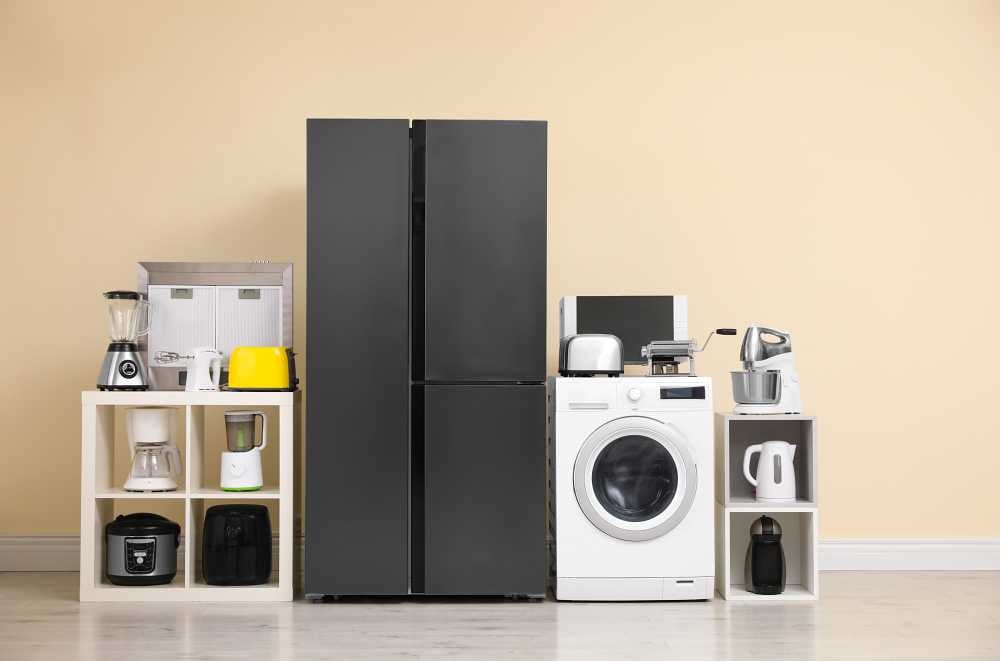Summer is here, and the scorching heat makes it crucial to have a functioning air conditioner. If your AC unit or central air is running non-stop and won’t turn off, we have some practical solutions to help you troubleshoot this problem.
#1 Thermostat Issues
A faulty thermostat is a common reason for an air conditioner to run continuously. It might not accurately detect the room temperature resulting in the AC to keep running.
To troubleshoot this, check your thermostat to ensure it’s set on "Auto" mode instead of "On." The "Auto" mode ensures that the AC turns off when the set temperature is reached.
#2 Air Leaks and Poor Insulation
If your air conditioner won't turn off, it could be due to air leaks or inadequate insulation in your home. Your AC works harder when cool air escapes through cracks around windows, doors, or other areas with poor insulation. As a result, the AC keeps running.
Make sure to check for any drafts or gaps in your home's structure and seal them properly. This will improve energy efficiency and reduce strain on your AC unit.
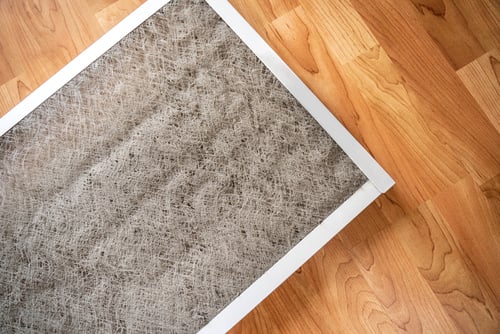
#3 Clogged Air Filters
Dirty or clogged air filters can obstruct the airflow in your AC system causing the unit to run all day long. Dirty or clogged filters also add extra strain on the unit.
Regularly check, clean, and replace (if necessary) your air filters every 1-3 months. This ensures your AC will run at optimal performance and energy efficiency.
#4 Refrigerant Leaks
Refrigerant is needed to cool the air in your AC system. When you have a refrigerant leak, your AC unit may run non-stop in an attempt to compensate for the loss.
If you suspect a refrigerant leak, it's important to contact an HVAC professional who can identify and fix the issue. Attempting to fix it yourself can be dangerous and may void your warranty.
#5 Mechanical or Electrical Problems
Sometimes more complex mechanical or electrical issues are to blame for your AC issues. Certain components like a fan motor, stuck relay, or power surge can prevent your AC unit from cycling on and off.
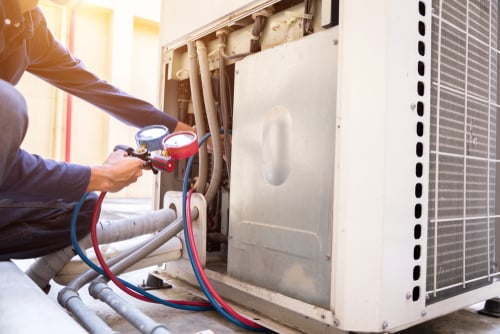
These types of issues are best left to a qualified HVAC professional who can safely diagnose and repair the problem. In the instance of a power outage, turn off your AC unit or system to prevent damage.
More Potential Reasons Why AC Runs Constantly
Although we’ve reviewed the most common reasons why your air conditioner keeps running, here are some other culprits:
Extreme Weather Conditions
Hot and humid conditions, much like very cold conditions, can impact how an AC unit runs.
AC Window Units Differ from Central Air
Keep in mind that air conditioning running nonstop in an AC window unit and central air are similar, but not the same.
Window units may have issues with thermostats, air leaks, filters, refrigerant leaks, or mechanical problems.
AC systems tend to have complex ductwork, operate in multiple zones, and involve a range of additional components that make them more complex.
If your Central AC unit keeps running, we recommend reaching out to a professional for assistance.
Improperly Sized Units
If an AC unit is too small for the space,it may fail to reach the thermostat setpoint and will continue to run continuously.
Consider consulting with an HVAC professionals who can perform a load calculation, taking into account factors such as:
- Room size
- Insulation
- Number of windows
- Heat-generating sources
Investing in a properly sized AC unit will provide better comfort, energy efficiency, and prevent AC issues including failure to turn off.
Air conditioner won’t turn off? Contact Frontdoor Today
At Frontdoor, we know how good it feels to get things done around the house. Staying in control of your to-do list is easier when you can keep the small things from turning into bigger—and more expensive—issues. Our HVAC, appliance, electrical, plumbing, and handyman Experts are here to answer your home repair and maintenance questions in real time. They can also provide you with a list of local, vetted Pros from our network should you need in-home service. Frontdoor is here to fix how you fix your home.
Frontdoor assumes no responsibility, and specifically disclaims all liability, for your use of any and all information contained herein.
Was this article helpful?
